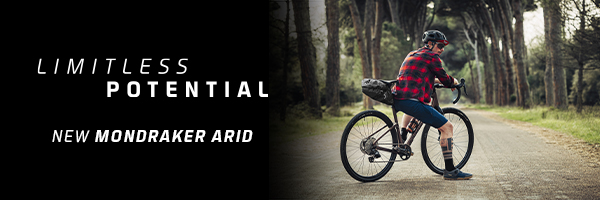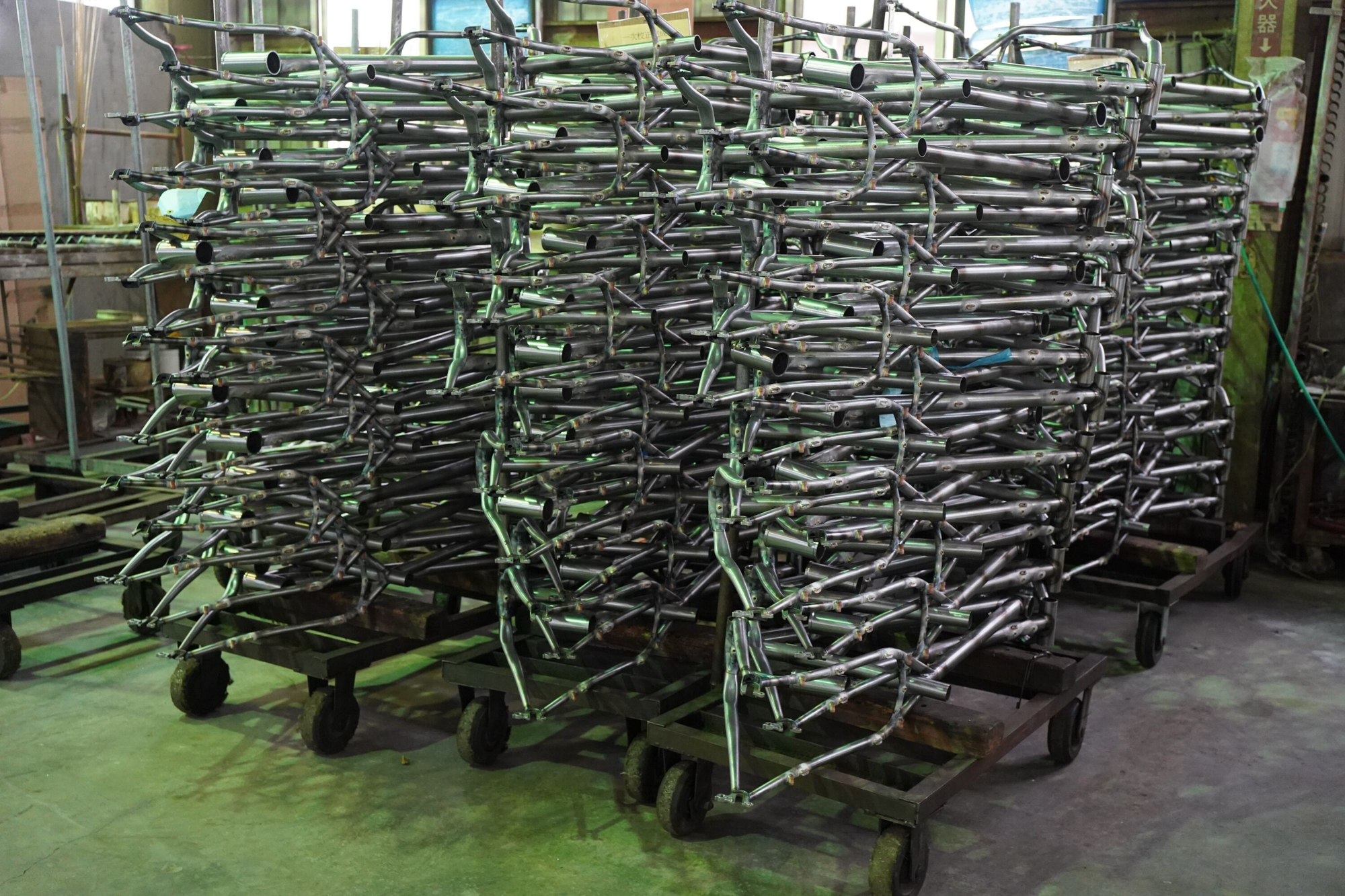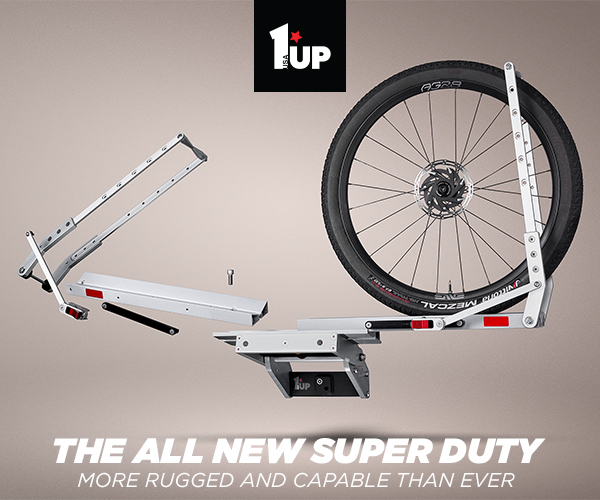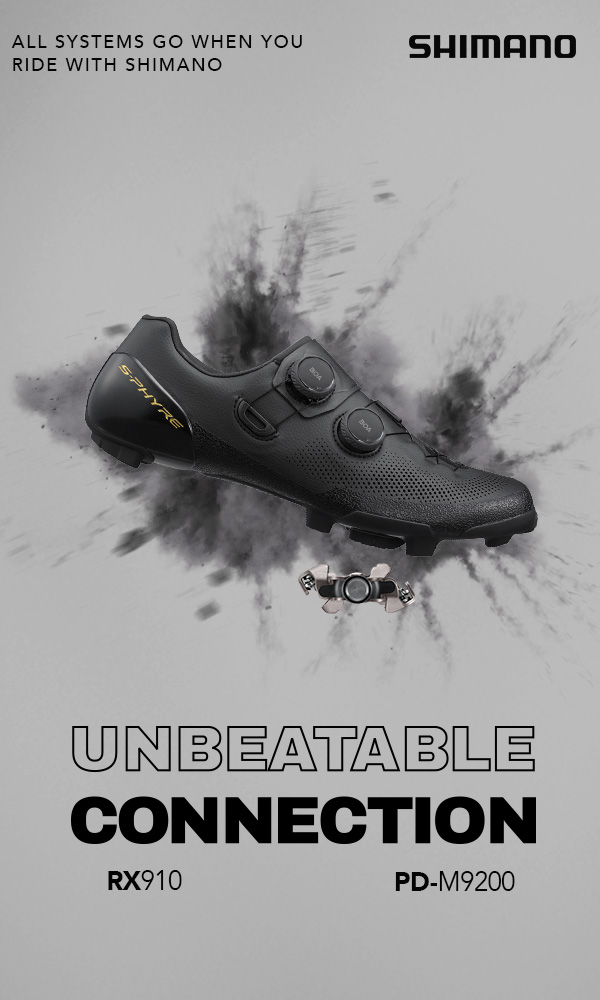Tariffs are currently hitting almost every aspect of the US economy, but how will they affect the bike industry? Spencer Harding chatted with Mehdi Farsi of State Bicycle and Tim Krueger of Esker Cycles to hear their reactions to the tariffs and what they expect for the future of the bike industry.

With everything going on right now in the USA, much less the entire world, maybe global trade and tariff rates aren’t the most pressing topic to you personally, but they are going to affect the price of bikes and bike components writ large. While I am not an expert in economics, overseas manufacturing, or importing, Tim Krueger of Esker Cycles and Mehdi Farsi of State Bicycle Co very much are, so I wanted to ask them how they were feeling at the moment and what they forecast for the near future of bike manufacturing.

Duties and Tariffs
To start, let’s talk about the difference between a duty and a tariff. A duty acts much in the same way a tariff does; it helps protect companies from being undercut by overseas labor. Before all the tariffs took effect, there was a longstanding duty of 5.5% to 11% tax on any complete bike imported, depending on tire size, and up to 10% on parts and components. A tariff is a further punitive tax which, in theory, would incentivize a company to use an American factory to manufacture their products.
But, as Tim Krueger puts it, “Businesses can’t change overnight.” Even if manufacturing could be revived in the USA, what would those factories look like? Mehdi Farsi postulates, “What jobs are we bringing back? Because these are the jobs big businesses are trying to replace with AI and automation.” A factory built in the next few years would undoubtedly favor automation, as labor prices are simply too high in the USA. Further, Farsi states, “If you want to bring jobs here, you can use tariffs as a tool; but this blanket way of doing things is counter-productive.” Using a tariff to create jobs ignores the skill, facilities, machines, and experience needed to produce high-quality bikes at volume. These things can’t happen at the flip of a switch.
For the purpose of this article, we are going to stay focused on bicycle manufacturing, which happens most commonly in China and Taiwan. Chinese goods are being hit with a 34% additional tariff, and Taiwanese goods with a 32% additional tariff. Compounding with past tariffs, State Bicycle is looking at a possible 79% tax on the price of goods for their complete bikes manufactured and assembled in China.

How the Tariff Numbers Were Decided
It has been widely reported that the tariff numbers were calculated with a simple equation that may have been derived from an LLM. Speaking in broad strokes, Krueger states, “They took the trade deficit as a percentage [and] divided by two. It’s mindblowingly oblivious to how the world works.” Lacking any clear guidance from the government on whether these rates replace old rates, or compound upon previous taxes, is still mostly unknown.
Since the numbers appear to simply be based on trade deficits, and since the USA is the largest consumer in the world, the entire world exists in a trade deficit with us. Krueger was surprised. As the Esker CEO put it, “I truly thought Taiwan was gonna slip through this whole situation unscathed.” Fearing the threat of tariffs on China, Esker moved some proposed manufacturing from mainland China to Taiwan last year, only to find Taiwan still receiving a reciprocal tariff. Taiwan has historically been friendly toward the USA, and he assumed that would be respected in the scope of these tariffs. Unfortunately, this was not the case.

Complete Bikes vs Parts
When I spoke with both company owners, they mentioned the incentive of assembling bikes in the USA to avoid higher duty rates on complete bikes. Krueger explains, “At Esker, we assemble all our bikes stateside; there are longstanding duties in place that encourage that. The normal duty on a frame is 3.9% and on a whole bike is 11%.” Farsi also related, “Taxing parts and components at a much lower rate (compared to whole bikes) so that we can assemble here would create jobs.” Unfortunately, what is happening is the opposite; while there was a small incentive to assemble bikes in the States, with a rough 1/3rd difference in duty tax. Now, with the new tariffs, that difference is much smaller; between 36% for a frame versus 43% for a complete bike assembled in Taiwan.

What is Happening Right Now
I spoke with both owners on Thursday, April 3, a day after the tariffs were announced, to see what actions they had taken at the moment in response. Farsi said, “We’re trying to be as patient as possible and not knee jerk.” He added, “[State Bicycle Co] hadn’t made any price adjustments for dealers yet.”
Tim, on the other hand, sadly related, “I did have to lay one person off this morning.” With State employing ten people and Esker being a team of six, I can only imagine similar, but scaled-up, layoffs may be coming at larger companies.
As Krueger put it, “Everything already in stock just increased in value overnight,” in accordance with the tariffs on the country of origin.

What To Expect
I was curious to hear from both owners if they thought these tariffs would drive more companies to cut out dealers as a means to preserve their ever-shrinking margins. Krueger theorized two paths. “One path companies could choose is to keep our prices the same and cut out dealers and go 100% consumer-direct. The other path is you are paying that tax and raising your prices to compensate. We are raising our prices.” Esker is sticking by their dealers.
With a large portion of State Bicycle’s products being budget-friendly bikes, Farsi remarked, “There are certain lines where we don’t have a lot of markup, and that will translate to retail prices.” Both companies have dealers as well as direct-to-consumer channels, and neither floated the idea of cutting out their dealers. I don’t think it is far-fetched to imagine that some companies would abandon their dealers as a means to preserve profits. In a world where local bike shops are already struggling, that is a devastating prospect.
Farsi said he expected companies to cut all promotions and coupon codes, as well as probably some price increases, while scaling back in marketing. Companies will most likely try and make their inventory last as long as possible so as not to import goods when the tariffs are as high as they are currently. Krueger remarked, “We don’t know if this is going to last two days, two weeks, two months, or two years,” and as such, he expected companies to keep their inventory levels razor-thin low.
I already have fears about stagnating innovation in the bike industry in the post-COVID bubble and these tariffs seem like they will only make that worse. Krueger said, “We have two different models slated to release this year and they are both totally shelved until we see what this looks like.” Farsi likewise remarked, “It puts a lot of new product development on hold, and it stifles innovation.”
While I don’t think we need to encourage a relentless onslaught of innovation in the bike world, seeing two massive blows to industry innovation in a few years is troubling.


What Will Shake Out?
It seems far too soon to decide what will shake out of this whole situation. These numbers could change or completely go away with the flick of a pen. I’m writing this on Friday afternoon, and we could see a radically different outlook by Monday. John and I are heading to Sea Otter next week, and I can bet that a lot of people will be commiserating and seeing how everyone is planning to respond to these tariffs.
In 2018, when Trump first imposed tariffs on China, State Bicycle Co appealed the process and thus was granted an exemption for a large portion of the bike industry from those tariffs. Will there be an opportunity to do the same for these tariffs?
As far as I can see at the moment, there does not seem to be a clear goal of these tariffs. I can imagine, if given the chance, many countries would capitulate to demands to lower their duties on US goods to avoid the “reciprocal” tariffs. Possibly, the current administration will seek some form of fealty or submission to their values in exchange for relief from the tariffs. Kiss the ring, and you can have a better deal. For now, it seems many companies will be holding their breath, trying not to overreact, and make contingency plans for any possible outcomes.
Big thanks to Tim Krueger at Esker Cycles and Mehdi Farsi at State Bicycle Co for taking the time to explain the nuances of global trade and bike importing during a moment of high anxiety and uncertainty.
If you’re new to this series, welcome to The Dust-Up. This will be a semi-regular platform for Radavist editors and contributors to make bold, sometimes controversial claims about cycling. A way to challenge long-held assumptions that deserve a second look. Sometimes, they will be global issues with important, far-reaching consequences. Other times, they will shed light on little nerdy corners of our world that don’t get enough attention.









